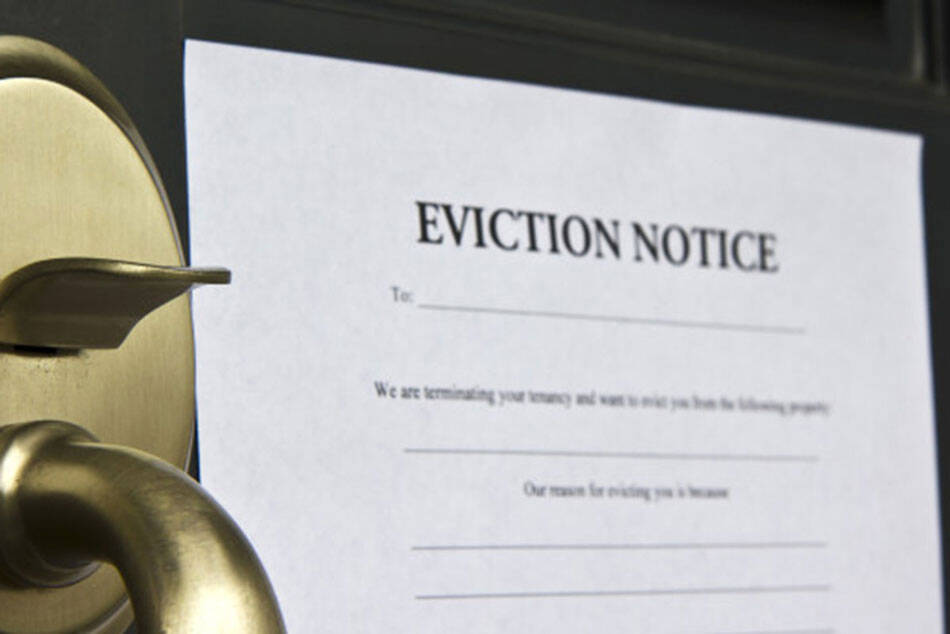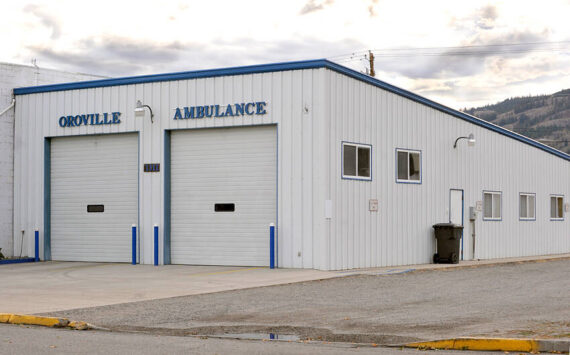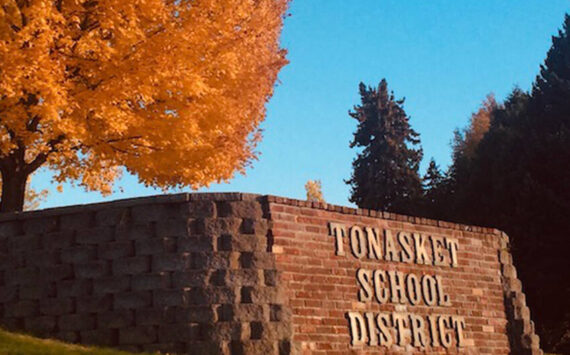Randy Bracht | The Center Square
(The Center Square) – Gov. Jay Inslee’s proclamation, which barred landlords from evicting residential tenants for failing to pay rent during the height of the COVID-19 pandemic, was a lawful use of his emergency powers under state law, a divided Washington Supreme Court ruled Thursday.
In the 5-4 decision, a majority of justices upheld a lower court decision that the governor “acted within his statutory authority” in imposing the eviction moratorium from March 2020 through June 2021, a period of financial hardship for businesses, workers, government agencies, and property owners.
At the time, Washington had one of the nation’s highest transmission rates of the infectious virus, prompting Inslee’s executive orders to ban public and private gatherings and shut down many businesses deemed non-essential.
“It was also clear that mass evictions during a pandemic would increase COVID-19 transmission by forcing people into crowded courthouses for eviction proceedings, into crowded homeless shelters and encampments, and into the increasingly crowded homes of friends and family,” Chief Justice Steven Gonzalez wrote in Thursday’s majority opinion.
Gonzalez was joined in the ruling by Justices Debra Stevens, Sheryl Gordon McCloud, Mary Yu, and Raquel Montoya-Lewis.
In dissent, Justice Charles Johnson contended that Inslee’s proclamations exceeded his statutory authority and wrongly barred landlords from pursuing evictions over unpaid rent. Concurring were Justices Barbara Madsen, Susan Owens, and G. Helen Whitener.
Landlords and property owners argued they faced financial hardship and legal harm by an inability to collect rent in a timely manner and were denied lawful access to the courts in pursuing evictions.
The moratorium prohibited landlords from treating unpaid rent as an enforceable debt without first offering “a reasonable repayment plan.” Evictions were also barred unless they were “necessary to respond to a significant and immediate risk … created by the resident” or if the landlord intended to personally occupy the premises as a primary residence or sell the property.
But Gonzalez wrote that a compelling need for such moratoriums was “amply established” by governors and federal officials who responded under their emergency powers “to save lives and livelihoods” as the virus spread rapidly across the country.
Gonzalez said the eviction moratorium was narrowed over time, and tenants were never relieved of their obligation to pay rent. Such payments were only delayed, and landlords were eventually allowed to seek eviction orders from the courts.
“The obligation to pay rent was never waived or suspended, regardless of whether some tenants took advantage of the fact they would not be immediately evicted if they stopped paying,” the opinion stated.
Court records indicated that without the moratorium, up to 790,000 people in Washington could have been evicted from their residences during the pandemic. The evictions, in turn, could have contributed up to 59,000 additional COVID-19 cases and 621 related deaths, the 36-page opinion stated.
Inslee and the State of Washington were named as respondents in the lawsuit originally filed in Lewis County Superior Court in 2020 by plaintiffs Gene and Susan Gonzales, Horwath Family Two LLC, and the Washington Landlord Association. The case was later transferred to Thurston County Superior Court. The plaintiffs were represented by attorney Richard Stephens of the Bellevue law firm Stephens and Klinge LLP.
Inslee and the State of Washington were represented by attorney Brian Hunt Rowe of Seattle; Jeffrey Todd Even representing the Washington State Legislature; and Cristina Marie Hwang Sepe from the Washington State Attorney General’s Office.
During oral arguments before the high court in February, the state argued the case was now moot because the moratorium had already expired. But Gonzalez wrote that the court on occasion will “consider moot questions when it can be said that matters of continuing and substantial public interest are involved. The power of the governor under the emergency statutes is a matter of public concern. Undoubtedly, our state will face crises again that will call for the use of emergency power.”
The majority ruling noted the COVID-19 pandemic has killed millions of people worldwide, destroyed livelihoods, and “is still having profound effects.”
Legal briefs supporting the petitioners were submitted by the Rental Housing Association of Washington, Pacific Legal Foundation, and Citizen Action Defense Fund.
Amici briefs in support of the state were filed by the Appleseed Foundation, Alliance for Justice, Western Center on Law and Poverty, City of Seattle, and the King County Bar Association Housing Justice Project.







